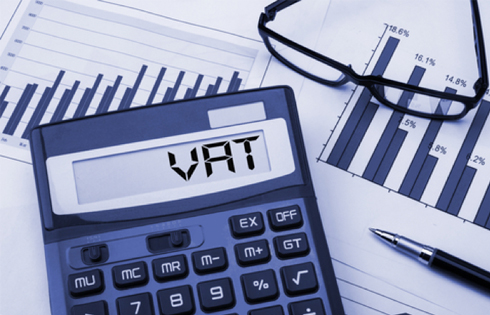EU VAT: What Will Change in 2020
As I’ve previously discussed, tax leaders should be prepared to respond to a number of European Union (EU) value added tax (VAT) rules changes coming down the pike. Some of the measures of the Digital VAT Package took effect this year. Others will apply in 2021.
In addition to making the EU VAT system fit for the purposes of the digital economy, the EU sees an urgent need to address VAT challenges on intra-EU cross-border trade. In October of last year, it approved four “quick fixes” that will apply starting on 1 Jan 2020.

Businesses engaged in intra-EU trade incur 11 percent higher compliance costs than those trading only within one EU country. The main factors driving these extra costs are the divergent application of the VAT rules among EU Member States and the additional compliance obligations for businesses engaged in cross-border trade. According to the EU, the goal is to establish a more uniform application of the rules and greater legal certainty for businesses engaged in intra-EU trade. Here’s a quick overview of the quick fixes intended to achieve those goals:
- Uniform rules for call-off stock arrangements. A call-off stock arrangement refers to the situation where the supplier makes goods available to the customer by placing them at premises nearby the customer’s location. The customer is entitled to take goods from the stock as needed; however, the supplier remains the owner of the goods during their storage. Under the new rules, the transfer of goods to another Member State to the call-off stock warehouse will be ignored for VAT purposes, and the supplier will not have to register in the Member State where the stock is located.
- Uniform rules for chain (ABC) transactions. These rules apply to successive supplies of goods by various taxable persons where the goods are transported only once to the final purchaser. The quick fix provides rules to determine to which transaction in the chain the transport must be attributed if it is arranged by the middle party. Currently, EU VAT legislation doesn’t address this issue, and businesses have to rely on complex rules established by the Court of Justice of the European Union.
- Compliance obligations for traders engaged in intra-EU supplies of goods to business customers. Under the third and fourth quick fixes, suppliers will not be allowed to exempt intra-EU supplies of goods without possessing a VAT number of the customer. The new rules also specify what documentary evidence will be required to exempt intra-EU supplies. Again, the EU’s VAT system is constantly in flux, and companies doing business in the community must adapt to new rules nearly every year. Keep an eye on this blog – we’ll keep you informed of the latest news.
Disclaimer
Please remember that the Vertex blog provides information for educational purposes, not specific tax or legal advice. Always consult a qualified tax or legal advisor before taking any action based on this information. The views and opinions expressed in the Vertex blog are those of the authors and do not necessarily reflect the official policy, position or opinion of Vertex Inc.
Explore more resources from our industry influencers:
Global Tax Solutions: Improve Compliance for Your Business
Reduce risk and get the agility needed to support business growth with a scalable solution for VAT & GST determination.
LEARN MORE
